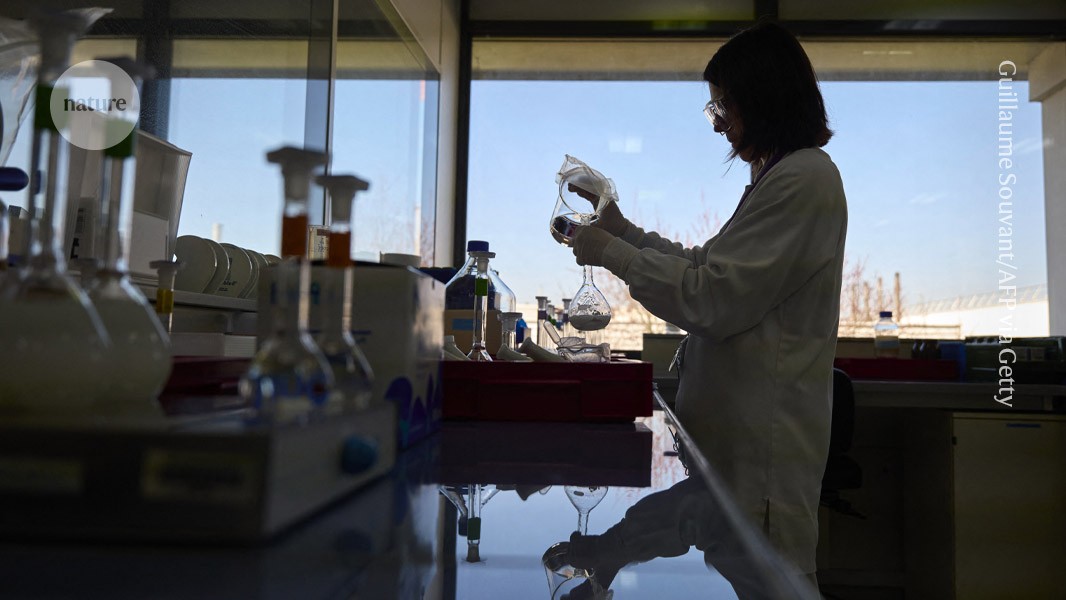Success rates for Europe’s leading research grants are declining — some to single percentage points — as a surge in applications far outweighs the funds available. Data gathered by Nature show that researchers, especially those at the start of their academic journeys, are facing increasingly fierce competition to pursue research careers (see Funding competition).
Applications for the 2025 Marie Skłodowska-Curie Actions (MSCA) Postdoctoral Fellowships exceeded 17,000 — an increase of nearly 65% compared with 2024. The MSCA scheme has a proposed budget of €404.3 million (US$471 million) this year to fund around 1,650 projects, and the success rate (the proportion of awards granted) is expected to drop below 10%, down from nearly 17% last year.
The European Research Council (ERC), Europe’s premier funding agency for basic research, has reported similar surges in applications across its schemes. For its Starting Grants — open to early-career researchers with two to seven years of experience after completing a PhD — the ERC has received 13% more proposals so far this year, compared with 2024. Only 12% will be funded, down from 14% last year.
Applications for the ERC’s Advanced Grants — which fund established researchers — also rose this year, by 31% and 82% compared with 2024 and 2023, respectively. Yet only an estimated 276 projects (8%) will be funded, down from 11% last year.

This article mainly concerns European grants. The news article itself has some additional commentary, but might be behind paywall; try this archive.org link if you can’t access it


